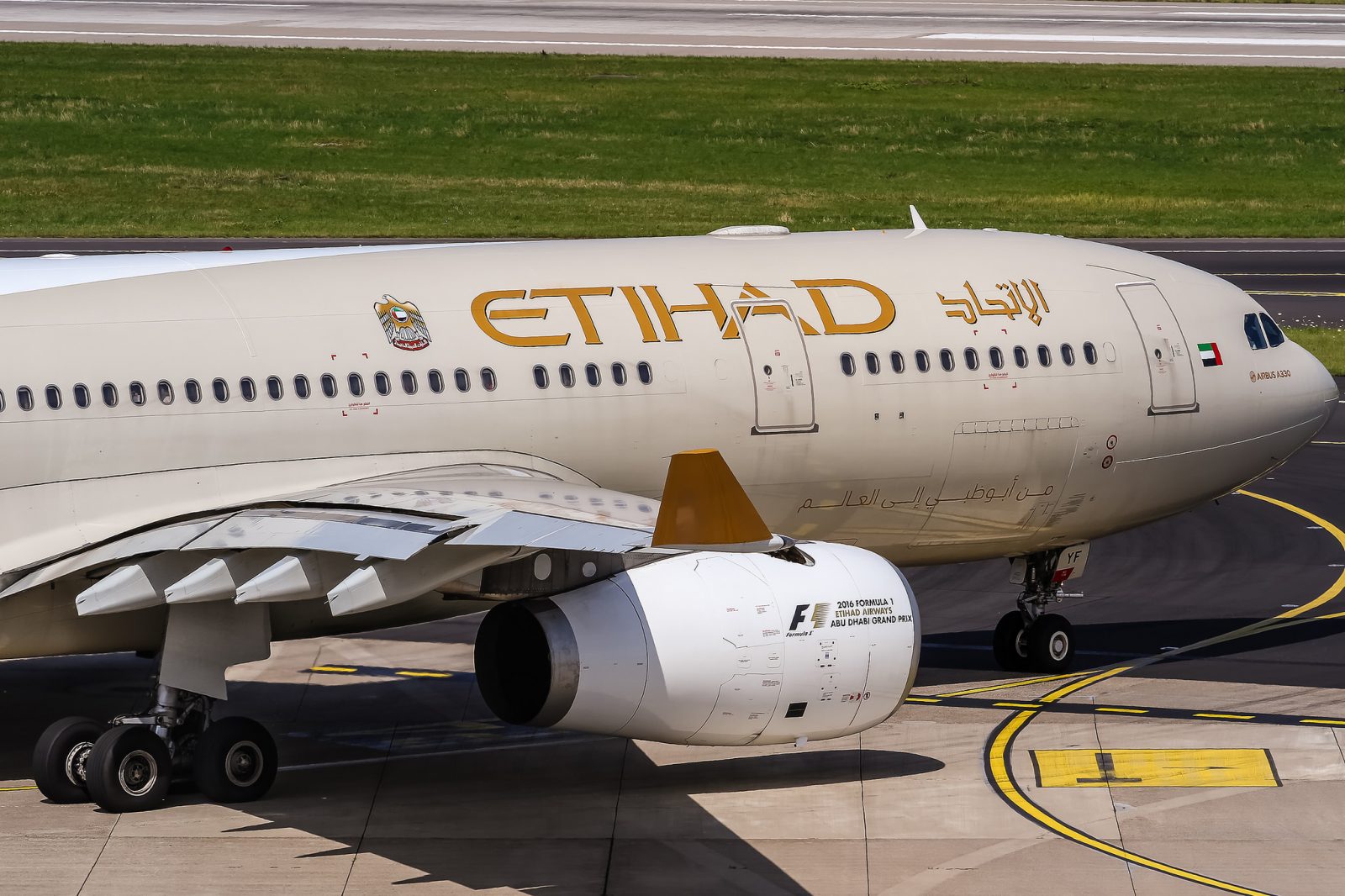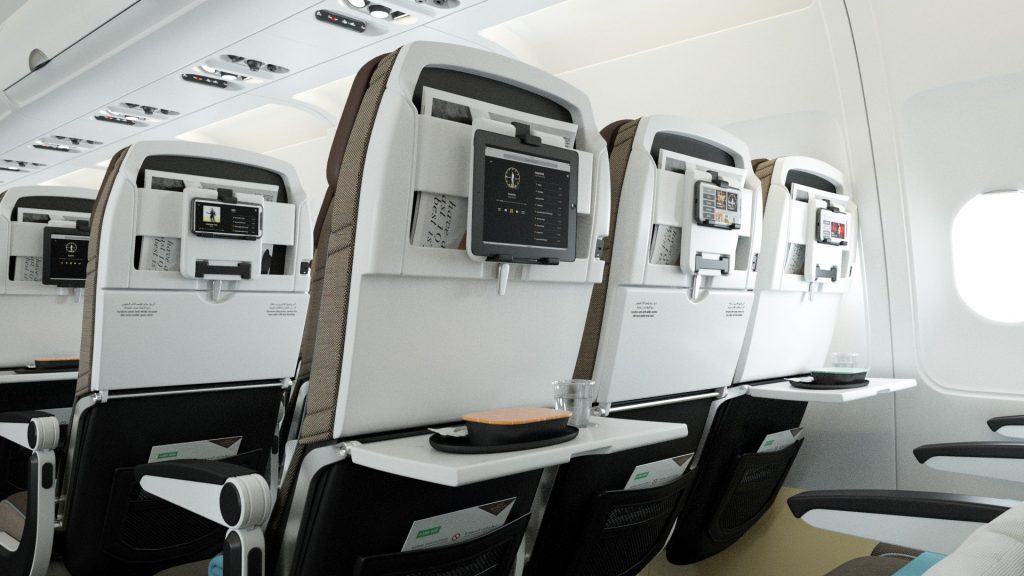
It’s no secret that Etihad Airways is facing some pretty serious financial problems. Over the last two years, the Abu Dhabi-based airline has made a combined loss of nearly $3 billion, it’s been forced to cut routes, cancel aircraft orders, make staff redundant and even loan its pilots out to rival Emirates in a bid to get back into the black.
Under the stewardship of new chief executive Tony Douglas, the carrier is slashing costs and going through a transformation programme that is reinventing Etihad’s onboard offering. Interestingly, all these measures are having a perhaps unintended but very welcome consequence – Etihad is slashing its carbon footprint and embracing environmentally friendly initiatives.

In 2018, the airline says it reduced its carbon emissions by as much as 148,000 tonnes – that’s equivalent to around 1,236 flights between Abu Dhabi and Barcelona. A lot of those savings came from new initiatives to reduce fuel burn – good for the environment and for Etihad’s bottom line.
Aviation fuel is every airline’s biggest expense and considering that the price of fuel is currently hovering around $85 per barrel, any airline would be foolish not try to reduce the amount of fuel it needs – every little saving can make a difference.
Some of Etihad’s initiatives include:
- Pilots are encouraged to use just a single engine when taxiing an aircraft and asked to select lower flap settings.
- Etihad has won approval from regulators to reduce fuel contingency reserves.
- Carpets across the Etihad fleet have been replaced with a lighter option.
- Catering is no longer 100% loaded but based on actual passenger loads.
- The amount of potable water has also been reduced on certain routes.
Perhaps the most visible change for passengers has been Etihad’s onboard service concept. Last week, Etihad revealed two big changes to its Economy Class product. The first was a meal service which featured much smaller serving trays and lighter cutlery. The traditional starter had also disappeared although Etihad reassured us that the main course was a larger and better quality bistro-style meal.

While this new service does indeed look good, the reduction in weight and waste would have been a big factor in Etihad’s decision to roll out the redesigned meal service. So too, was Etihad’s decision to rip out individual seatback screens on the majority of its short-haul single-aisle fleet of A320-family aircraft. Lighter, slimline seats will help significantly reduce weight and fuel burn.
And it seems as though Etihad has really embraced its new environmentally friendly credentials. Last month, the airline operated a completely single-use plastic free flight – Etihad removed and replaced 95 different products which normally use single-use plastics and its committed to reducing single-use plastics on every flight by 80% by the end of 2022.
By the end of this year, Etihad claims it will have removed 100 tonnes of single-use plastics from its inflight service. The airline has even experimented with eliminating its reliance on traditional aviation fuel altogether – in January, Etihad flew the world’s first commercial flight using locally produced sustainable fuel made from plants grown in saltwater.
It’s interesting to see that poor financial performance can really concentrate the mind. Etihad has been replacing its older gas-guzzling planes with newer aircraft like the Boeing 787 Dreamliner – one of the quickest and easiest ways to reduce CO² emissions. More financially successful airlines typically put off fleet renewal for as long as possible.
Whatever Etihad’s motives, it’s great to see the airline embracing an enviromentally friendly culture.
Mateusz Maszczynski honed his skills as an international flight attendant at the most prominent airline in the Middle East and has been flying ever since... most recently for a well known European airline. Matt is passionate about the aviation industry and has become an expert in passenger experience and human-centric stories. Always keeping an ear close to the ground, Matt's industry insights, analysis and news coverage is frequently relied upon by some of the biggest names in journalism.







